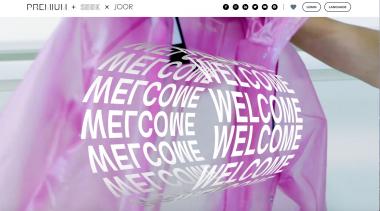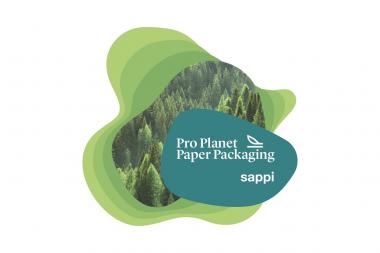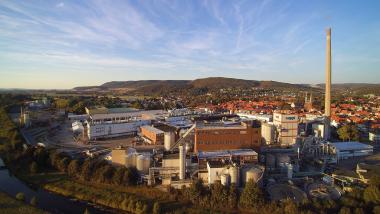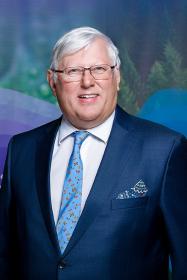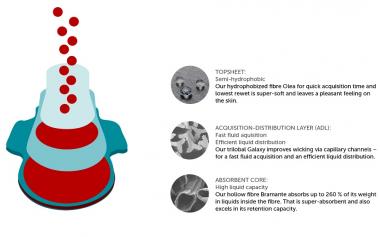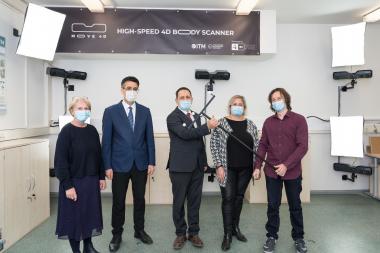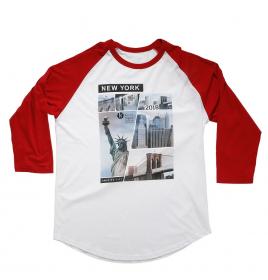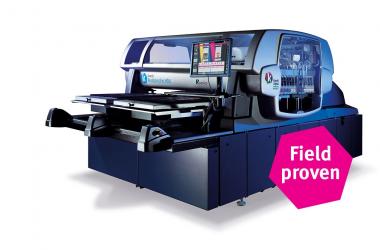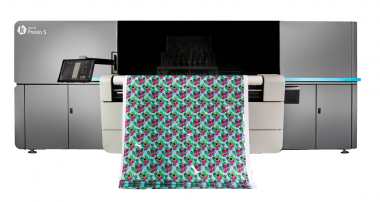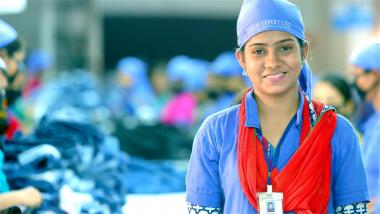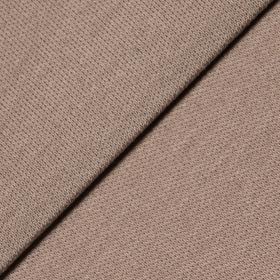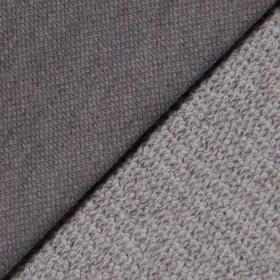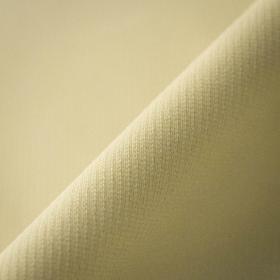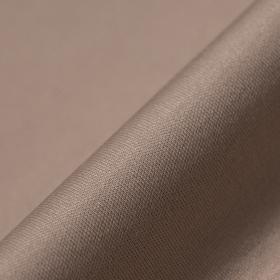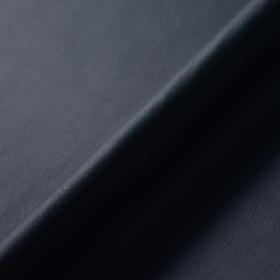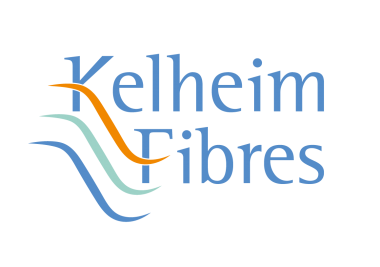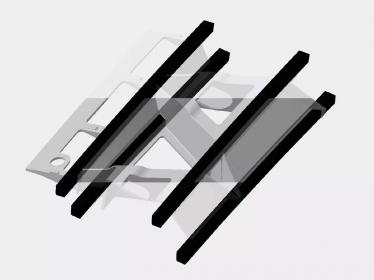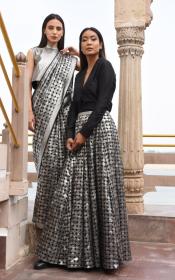PREMIUM+SEEK+JOOR Passport is back
Summer 2020 saw the first ever staging of PREMIUM+SEEK Passport by JOOR. In the midst of the pandemic, it offered the industry an opportunity to continue doing business, stay in contact with key partners, and expand business networks. Over 150,000 retailers took part in the event in 2020 and 40,000 products were sold.
The second edition of the PREMIUM+SEEK+JOOR Passport event will be an optimised and focussed version and offers participants maximum opportunity for success. From 27 January around 100 brands curated by the team at the PREMIUM GROUP will once again have access to JOOR’s network of over 200,000 selected international retailers. Virtual showrooms will act as the location for showcasing the latest collections, telling brand stories and closing deals. Every showroom can be individually designed by participating brands so as to stage and communicate their brand identity in a purely digital setting. Accessible at any time, without time-consuming logistics.
The partnership between the PREMIUM GROUP and JOOR is due to continue in July 2021. In future, there will be a hybrid event where the physical and virtual worlds will go hand in hand. Face-to-face is still essential and now more important than ever. Networking becomes easier and more effective; stories are told and emotions triggered. Processes that follow are digitally optimised with JOOR and handled more easily than before.
In summer 2021 there will be a return to a physical coming together with SEEK, PREMIUM and FASHIONTECH. From 6-8 July – as part of Frankfurt Fashion Week.
PREMIUM Group


